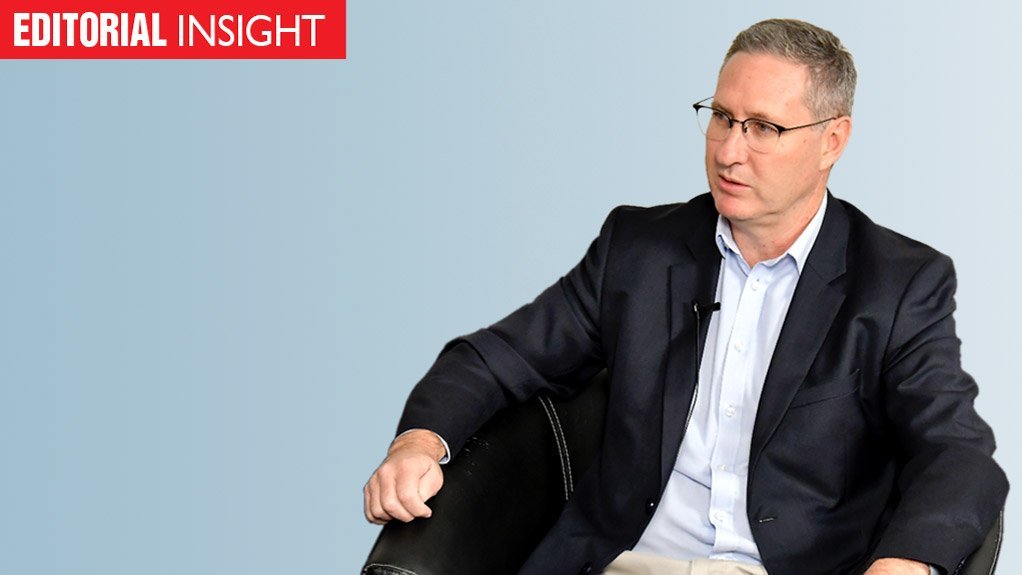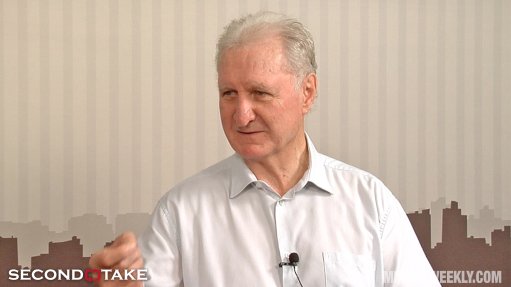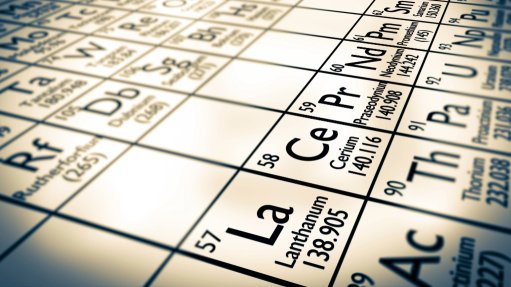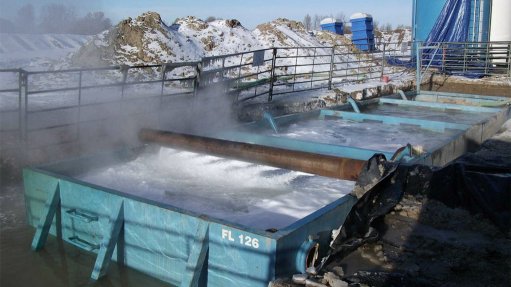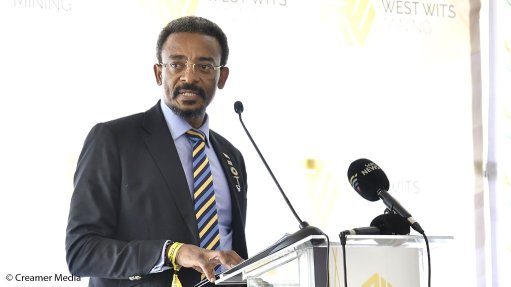North-South divide?
The energy policy stance of North Africa’s largest economy, Egypt, is not only increasingly aligned with the global energy transition but is also beginning to diverge materially from that of Southern Africa’s largest economy, South Africa.
This new North-South divide was on vivid display during the Second Ministerial Forum facilitated jointly by the African Union Commission and the International Energy Agency and co-hosted by South Africa’s Mineral Resources and Energy Minister, Gwede Mantashe, owing to the country’s current position as African Union chair.
Outlining South Africa’s approach, Mantashe stuck to his increasingly jaded script of arguing that the world should not expect South Africa to swing “from one extreme to the other” in its transition to a lower-carbon economy.
While noting that renewables had received the largest allocation in the country’s Integrated Resource Plan (IRP), Mantashe stood out among the participants in continuing to justify a role for new coal.
The inclusion of new coal in the IRP, he argued, created space for clean-coal innovation. This despite the fact that there are few, if any, signs of such technologies emerging, with more and more vendor companies pulling back. In addition, there is no indication that real clean-coal constraints will be imposed on the developers of the 1 500 MW included in the IRP allocation. That said, there are also growing indications that this allocation is unlikely to be met, with developers and financiers showing increasing reticence.
In stark contrast, Egypt’s Electricity and Renewable Energy Minister, Dr Mohamed Shaker El-Markabi, outlined an energy policy that was fully alive to recent trends in technology costs, as well as the new domestic security-of-supply and export opportunities that are arising for those countries that move aggressively to leverage their natural wind and solar resource advantages.
El-Markabi reported that, while coal had initially been included in the country’s 2035 electricity framework, it had since been removed and replaced by renewable energy, the penetration of which would exceed 40% within 15 years.
The decision was premised on the fact that Egypt had the potential to produce 90 000 MW of cost-competitive renewable electricity, which was far beyond what it could consume domestically. Egypt was, therefore, seeking to support regional interconnection projects to facilitate cross-border electricity trading, with the aim of becoming a trading hub into the rest of North Africa, the Middle East and Europe.
It is also revising its 2035 energy strategy plan to include green hydrogen and El-Markabi reported that “we are now on our way to implement the first pilot project to produce green hydrogen”.
South Africa’s lukewarm approach to renewables is unlikely to derail the domestic transition away from coal. Nevertheless, it does mean that the country may not fully exploit the industrial, employment and export benefits that should by all rights accompany such a transition.
Achieving that objective requires a coherent vision for renewable electricity’s role within the broader energy transition, a vision that is currently sorely lacking.
Article Enquiry
Email Article
Save Article
Feedback
To advertise email advertising@creamermedia.co.za or click here
Announcements
What's On
Subscribe to improve your user experience...
Option 1 (equivalent of R125 a month):
Receive a weekly copy of Creamer Media's Engineering News & Mining Weekly magazine
(print copy for those in South Africa and e-magazine for those outside of South Africa)
Receive daily email newsletters
Access to full search results
Access archive of magazine back copies
Access to Projects in Progress
Access to ONE Research Report of your choice in PDF format
Option 2 (equivalent of R375 a month):
All benefits from Option 1
PLUS
Access to Creamer Media's Research Channel Africa for ALL Research Reports, in PDF format, on various industrial and mining sectors
including Electricity; Water; Energy Transition; Hydrogen; Roads, Rail and Ports; Coal; Gold; Platinum; Battery Metals; etc.
Already a subscriber?
Forgotten your password?
Receive weekly copy of Creamer Media's Engineering News & Mining Weekly magazine (print copy for those in South Africa and e-magazine for those outside of South Africa)
➕
Recieve daily email newsletters
➕
Access to full search results
➕
Access archive of magazine back copies
➕
Access to Projects in Progress
➕
Access to ONE Research Report of your choice in PDF format
RESEARCH CHANNEL AFRICA
R4500 (equivalent of R375 a month)
SUBSCRIBEAll benefits from Option 1
➕
Access to Creamer Media's Research Channel Africa for ALL Research Reports on various industrial and mining sectors, in PDF format, including on:
Electricity
➕
Water
➕
Energy Transition
➕
Hydrogen
➕
Roads, Rail and Ports
➕
Coal
➕
Gold
➕
Platinum
➕
Battery Metals
➕
etc.
Receive all benefits from Option 1 or Option 2 delivered to numerous people at your company
➕
Multiple User names and Passwords for simultaneous log-ins
➕
Intranet integration access to all in your organisation



